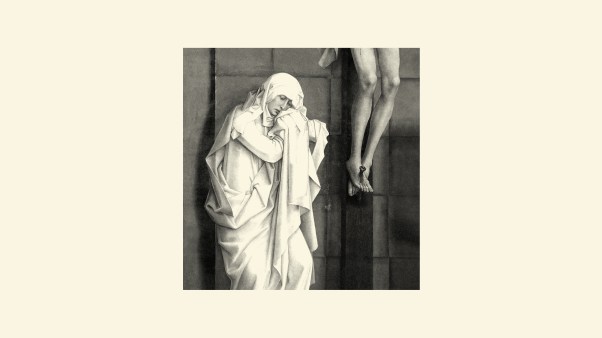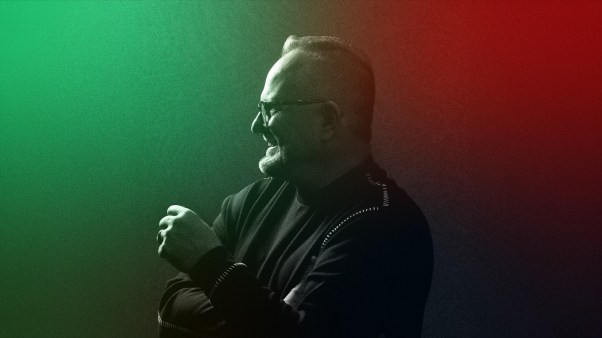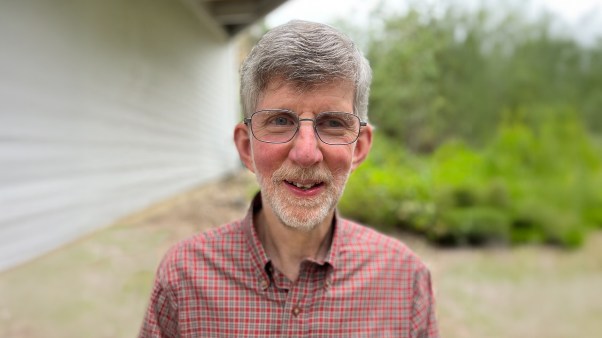About five years ago I was having coffee with a local pastor, and we were discussing literature and my passion for reading. I was telling him about how vital I believe reading to be for us as ministers.
After hearing me out, my pastor friend sighed and said, “You know, I envy your ability to read like that. I really do. For me, the main reason I don’t read is because, whenever I do read, I don’t remember any of it.”
“You mean fiction or nonfiction?” I asked him.
“I mean all of it,” he said. “It doesn’t matter whether it’s a story or a book of statistics. I spend all that time reading and then, three days later, I don’t remember a bit of it.” He paused and then added, “So, truth be told, it just seems like a bad use of time to me.”
I sat forward and said, “But that’s the point I’m trying to make. Remembering what we’ve read is not the most important thing about reading; instead, just doing the reading is what matters. Taking the time is the whole point!”
Then I added, “I completely share your frustration—I’m only saying that uploading information to our brains is not the main reason for reading.”
I then pulled out a book from my briefcase, one I had stayed up into the wee hours of the morning grappling with and marking up. “You see this?” I asked him, putting Mircea Eliade’s classic The Sacred and the Profane on the table between us. “I have now dedicated at least 15 hours to this book … and I can barely tell you any of what I have read. Now, don’t get me wrong, there are certain ideas that stay with me. But the vast majority of it? Gone.”
To step away from this story for a moment, it’s worth highlighting something incredibly important: Outside of the handful of genetic-lottery winners—that is, the small number of folks born with photographic memories—the best of readers only retain a small fraction of what they read. Which means that, for people like me who read at least 30 hours a week, we retain—at best—only a few hours’ worth of what we have read.
My pastor friend was naming a real frustration we all experience when it comes to reading. He was highlighting the fact that, given the statistical realities we face and the many demands on our time, devoting hours to reading can feel like poor time management.
Yet it only feels this way if we think the purpose of reading is gaining information. And unfortunately, that is what most people seem to think. The majority—pastors included—assume that the brain is like a computer, and that the process of reading is like the process of uploading data onto a hard drive.
Here, one sees the act of reading as instrumental and transactional in nature, its purpose being to store up information that is easily retrievable and repeatable. And if 30 hours’ worth of reading does not yield 30 hours’ worth of instantly downloadable and disseminatable information, well—couldn’t that time have been better spent otherwise? Why bother if we can’t remember any of it?
As we were speaking, I noticed my friend’s iPhone sitting on the table by his elbow. Pointing to it, I said, “Think about it this way. Do you ever use filters to edit your photos?”
He shrugged. “Sometimes, I guess.”
“Well,” I said, “think about the original picture you take—that is, think about the image on your camera before you’ve applied any filters to it. Got that?” He nodded. “Okay, now think about your first iPhone and how it came with just a few filter options. Remember that?” He nodded. “That was pretty cool, right? Suddenly, average joes like you and me could pretend like we were professional photographers.”
He nodded. Then, grabbing his phone and holding it up, he said, “Now I feel like I have a hundred filters on this thing.”
“Exactly,” I said. “It used to be that you had the image, and that was that—no other lens to see it through. But now, suddenly, you have all these filters to look through. It’s the same image no matter which filter you’re looking through—but on account of all these different filters, you are now able to see it in an increasingly rich way.”
“So what’s your point?” he asked. “What does this have to do with reading?” I smiled. “The point is this: The primary purpose of reading is not to be able to consciously recall what we have read; it’s to constantly keep refining the lens through which we see reality. Even though we don’t remember 90 percent of what we have read, it still gets inside of us—in ways we’re unaware of and at depths we don’t know we have. It still enriches our filter—even when we don’t realize it is happening.”
“Maybe so,” he responded, “but that still doesn’t explain how it helps me become a better pastor.”
I nodded. “And that’s the hardest and most crucial part of the case I am making. I have to somehow demonstrate that all the reading we don’t remember is still somehow part of—and still somehow informs—the person we bring to the pulpit and to the hospital bed.”
Then, motioning to the copy of The Sacred and the Profane still sitting on the table, he grinned and said, “Tell you what: Call me whenever you find out how that one has enriched your filter.”
Not long after that, this pastor moved to the Midwest and, a few years later, I moved to another state. And the truth is, I have had so many conversations like this one that I’d forgotten all about it.
But then, years later, I preached a sermon on Exodus 3, the story of Moses and the burning bush. In that sermon I talked about how even though I have never seen a literal burning bush, I have had “burning bush” moments: experiences when God’s presence has been clear and palpable to me.
“In fact,” I went on, “all day, every day, bushes are aflame around us.” It wasn’t to my mind a particularly literary or sophisticated sermon. In fact, if there were any evidence of my reading in it, I would have pointed toward my use of the poet Elizabeth Barrett Browning’s line “Earth’s crammed with heaven, / And every common bush afire with God: / But only he who sees, takes off his shoes.”
But that afternoon I received an email from a church member, a recently retired English professor, saying this: “You did a good job of helping us see the burning bush as a manifestation of a sacred event. The sermon brought back memories of my master’s thesis on ‘Mythological Allusions in John Donne’s Secular Poetry,’ written about a hundred years ago (actually in 1965). Mircea Eliade’s work was an important influence on my thinking then, especially his The Sacred and the Profane, which I heard echoes of in your sermon.”
Here it was: my reading showing up in my ministry in ways of which I had been utterly unaware. I’m sorry to say that I did not pick up the phone and call my old pastor friend as I’d promised; however, I did take off my shoes as I closed the email.
Austin Carty is the pastor of Boulevard Baptist Church in Anderson, South Carolina. Adapted from The Pastor’s Bookshelf: Why Reading Matters for Ministry by Austin Carty (Eerdmans: 2022). Reprinted by permission of the publisher.














